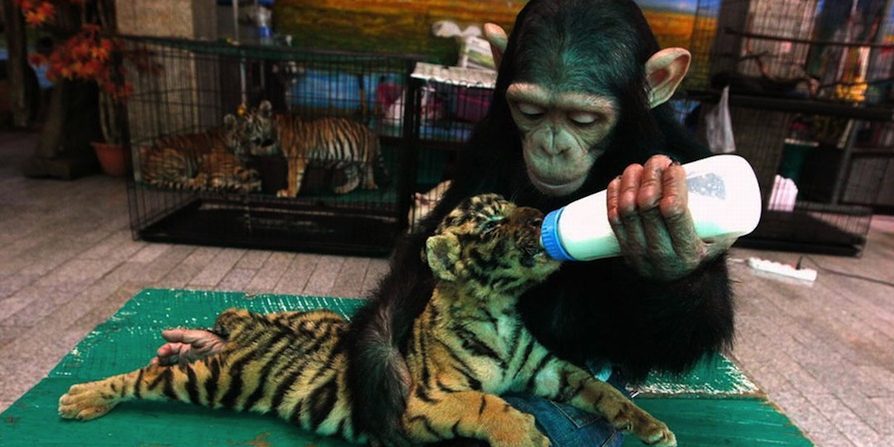There are multiple theories on the evolution of genomic imprinting. We investigated whether the molecular evolution of true orthologs of known imprinted genes provides support for theories based on gene duplication or parental conflicts (where mediated by amino-acid changes). Our analysis of 34 orthologous genes demonstrates that the vast majority of mammalian imprinted genes have not undergone any subsequent significant gene duplication within placental species, suggesting that selection pressures against gene duplication events could be operating for imprinted loci. As antagonistic co-evolution between imprinted genes can regulate offspring growth, proteins mediating this interaction could be subject to rapid evolution via positive selection. Supporting this, we detect evidence of site specific positive selection for the imprinted genes OSBPL5 (and GNASXL), and detect lineage-specific positive selection for 14 imprinted genes where it is known that the gene is imprinted in a specific lineage, namely for: PLAGL1, IGF2, SLC22A18, OSBPL5, DCN, DLK1, RASGRF1, IGF2R, IMPACT, GRB10, NAPIL4, UBE3A, GATM and GABRG3. However, there is an overall lack of concordance between the known imprinting status of each gene (i.e. whether the gene is imprinted or biallelically expressed in a particular mammalian lineage) and positive selection. While only a small number of orthologs of imprinted loci display evidence of positive selection, we observe that the majority of orthologs of imprinted loci display high levels of micro-synteny conservation and have undergone very few cis– or trans-duplications in placental mammalian lineages.
Complete Reference:
O’Connell, M.J.*, Loughran, N.B., Walsh, T.A., Donoghue, M.T.A., Schmid, K.J., Spillane, C. (2010) A phylogenetic approach to test for evidence of parental conflict or gene duplications associated with protein-encoding imprinted orthologous genes in placental mammals. DOI: 10.1007/s00335-010-9283-5. Mammalian Genome. pdf






